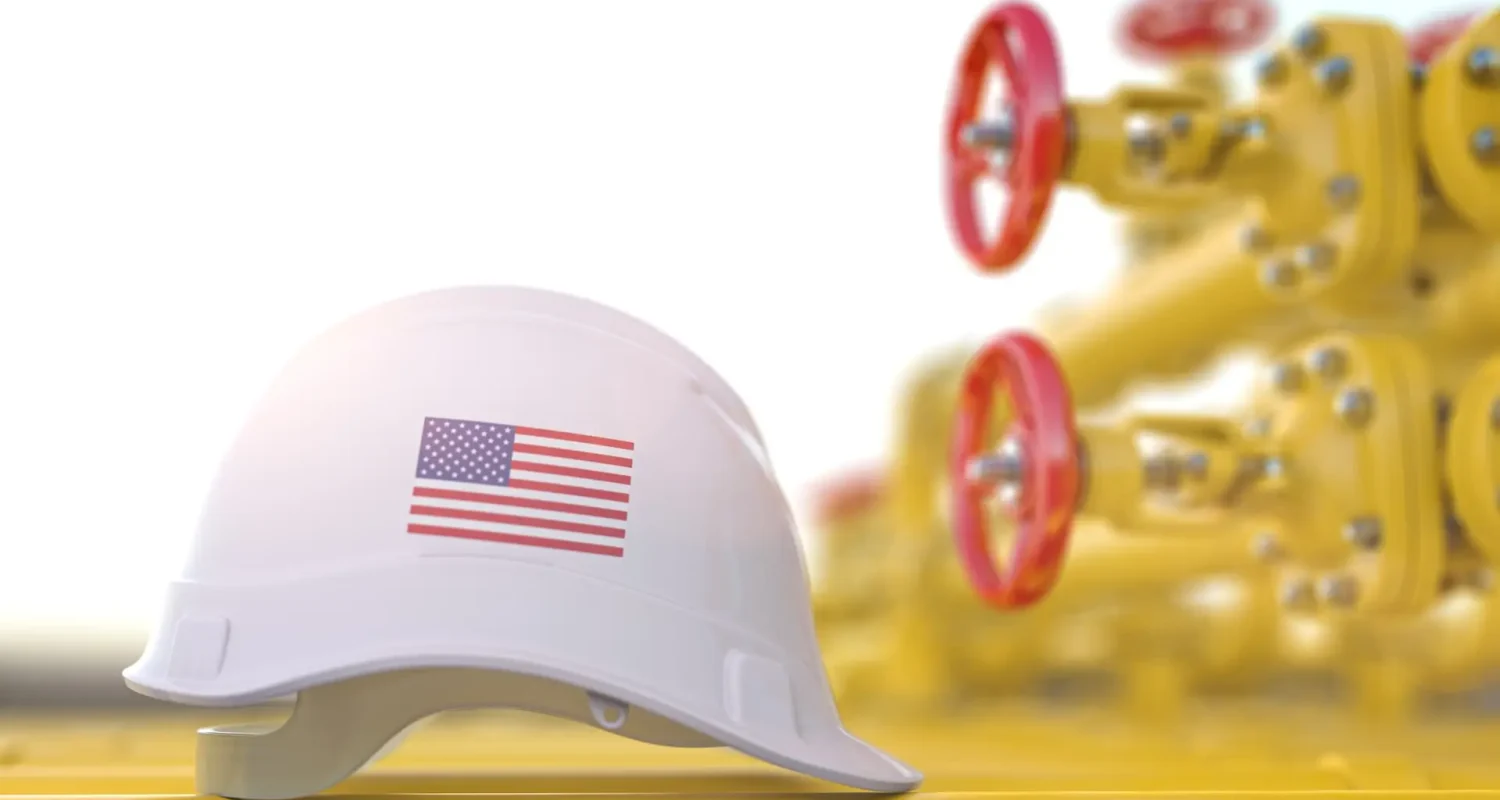1. The Core Function of Industrial Valves
Industrial valves are essential for directing, stopping, or adjusting the flow of fluids—whether liquid, gas, or steam. Ball valves, butterfly valves, check valves, and control valves each have distinct operating principles and benefits, making them suitable for different industrial applications.
Choosing the right valve not only improves operational efficiency but also reduces maintenance costs and ensures maximum workplace safety.
2. Why Reliability Matters
In industrial environments, valve reliability directly impacts operational continuity. A faulty or inadequate valve can:
-
Cause costly production downtime
-
Lead to energy loss
-
Create fluctuations in product quality
-
Increase environmental risks
For these reasons, high-quality, standards-compliant, and rigorously tested valves should always be the first choice.
3. Advantages of Different Valve Types
-
Ball Valves: Known for quick open/close action and high-pressure resistance, ideal for oil and gas pipelines.
-
Butterfly Valves: Space-saving and efficient for large-diameter pipelines.
-
Control Valves: Allow precise flow, pressure, or temperature control and can integrate with automation systems.
-
Check Valves: Prevent reverse flow to protect system integrity.
4. Sustainability and Energy Efficiency
In modern industry, valves are not only about flow control—they also play a role in energy efficiency and eco-friendly operations. Features like low leakage rates, extended service life, and easy maintenance help reduce the carbon footprint.
Manufacturers like UNOX prioritize sustainable production by using stainless steel and recyclable materials, delivering both durability and environmental responsibility.
5. The Importance of Proper Maintenance
Even the best valves can lose performance without proper maintenance. This includes:
-
Regular visual inspections
-
Pressure and leak testing
-
Periodic lubrication and cleaning
-
Timely replacement of worn parts
Such practices extend valve lifespan and prevent unexpected failures.
6. Conclusion: Quality Valves, Reliable Systems
Industrial valves are not just fittings—they are the heart of any flow control system. Proper selection, correct installation, and regular maintenance are essential for operational safety, efficiency, and sustainability.
At UNOX, we deliver high-performance, long-lasting valve solutions tailored to the needs of diverse industries. Choosing the right valve is the first step toward achieving excellence in flow control and ensuring the reliability of your operations.

